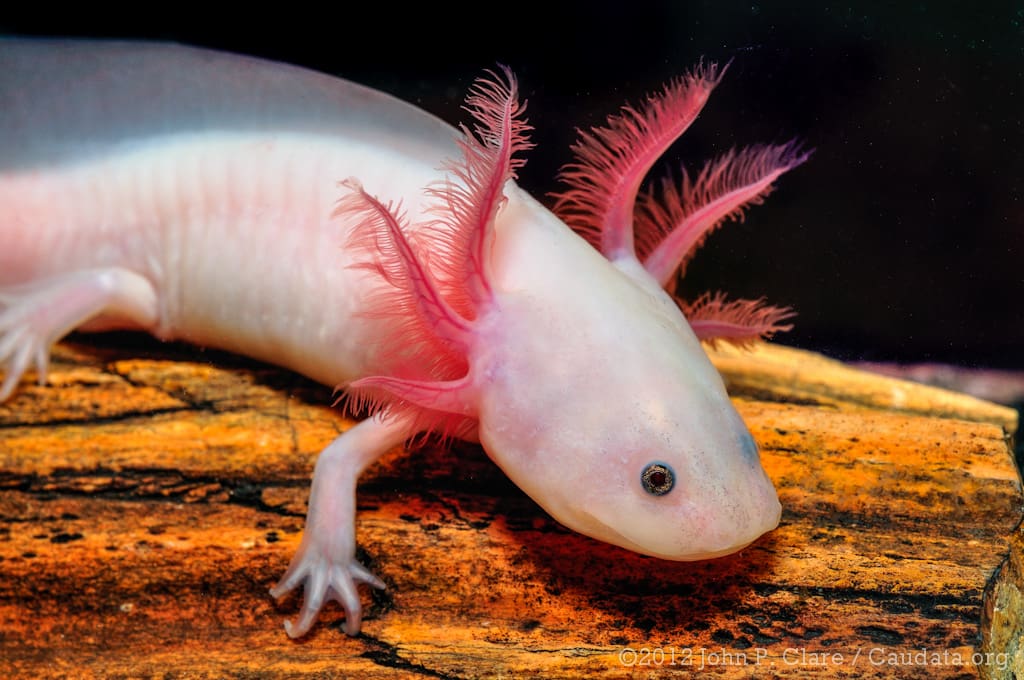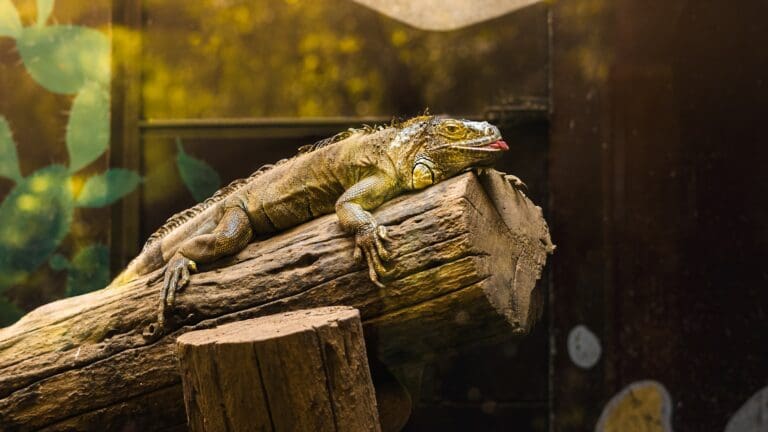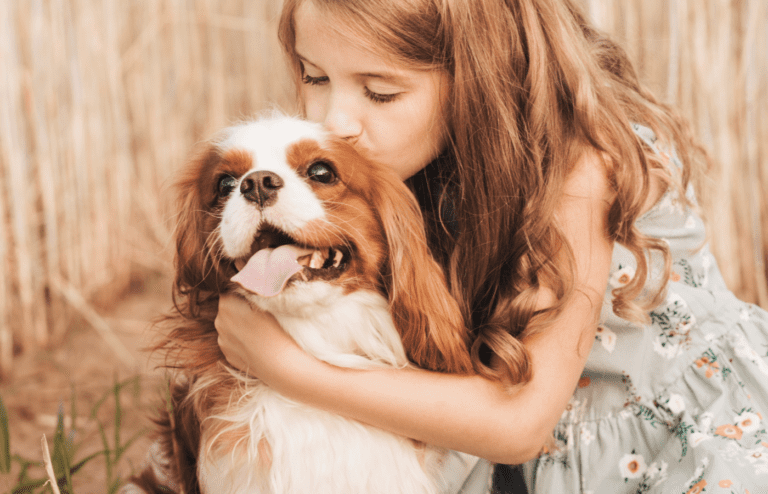Meet Merlin, a pot-bellied pig with over 2.3 million TikTok followers and a closet of seasonal outfits. Or Kiwi, a talking parrot who does impersonations better than most comedians.
These are examples of a bigger movement happening now in pet ownership.
In 2024, the exotic pet market was valued at $1.9 billion, with forecasts predicting it will double by 2033. From reptiles and parrots to sugar gliders and “mini” farm animals, pet lovers are embracing pets that are anything but ordinary.
Why Exotic Pets Are So Popular Now
A few big shifts have propelled the surge in exotic pet ownership:
Social Media Influence

Platforms like TikTok and Instagram are teeming with viral content featuring capybaras in bathtubs, talking parrots, or slow-motion lizards. These feel-good moments are making exotic animals seem adorable, unique, and surprisingly “low-maintenance.”
A Shift in Living and Lifestyle
Urban dwellers and renters are choosing reptiles, amphibians, and birds for practical reasons: less noise, less mess, and fewer allergy issues.
For apartment dwellers or families in pet-restricted housing, a gecko or cockatiel can offer the joy of companionship without the typical size or care requirements.
A Desire to Stand Out
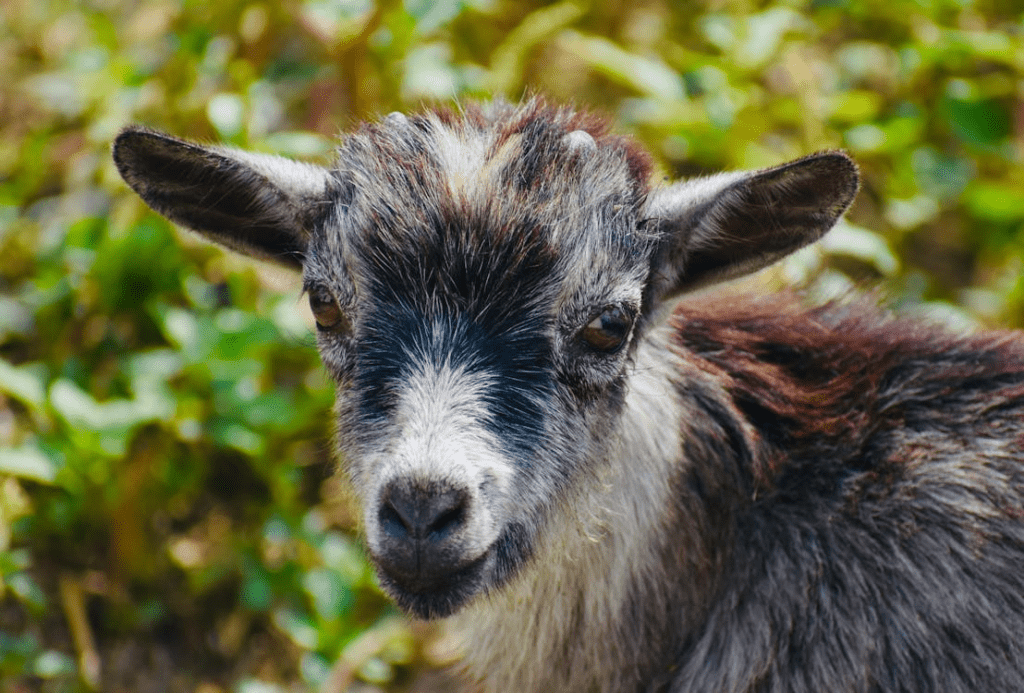
Exotic pets have become a status symbol for some, a form of self-expression for others. Millennials and Gen Z are especially drawn to animals that feel rare, photogenic, or “aesthetic.”
A pink axolotl or a pygmy goat isn’t just a pet but ripe for content.
The Reality Behind the Trend
Before rushing to adopt an unusual companion, it’s important to understand what exotic pet ownership really involves.
Specialized Care Needs
Unlike dogs or cats, exotic pets often require precise environments: temperature control, humidity regulation, UVB lighting, and species-specific diets. Without this, their health can decline rapidly.
Finding a vet is another challenge. Only a small percentage of vets are trained in exotic pet care, which means emergencies can get complicated fast.
Ethical and Legal Concerns
Some animals in the exotic pet trade are still captured from the wild, contributing to ecological disruption and species endangerment. Others are sold illegally across borders, bypassing welfare checks.
Additionally, laws vary by state. Owning a ferret might be legal in Texas, but banned in California. For a deeper look at exotic pet regulations, check out this guide on exotic animal laws by state.
Mini Farm Animals: The New Backyard Trend
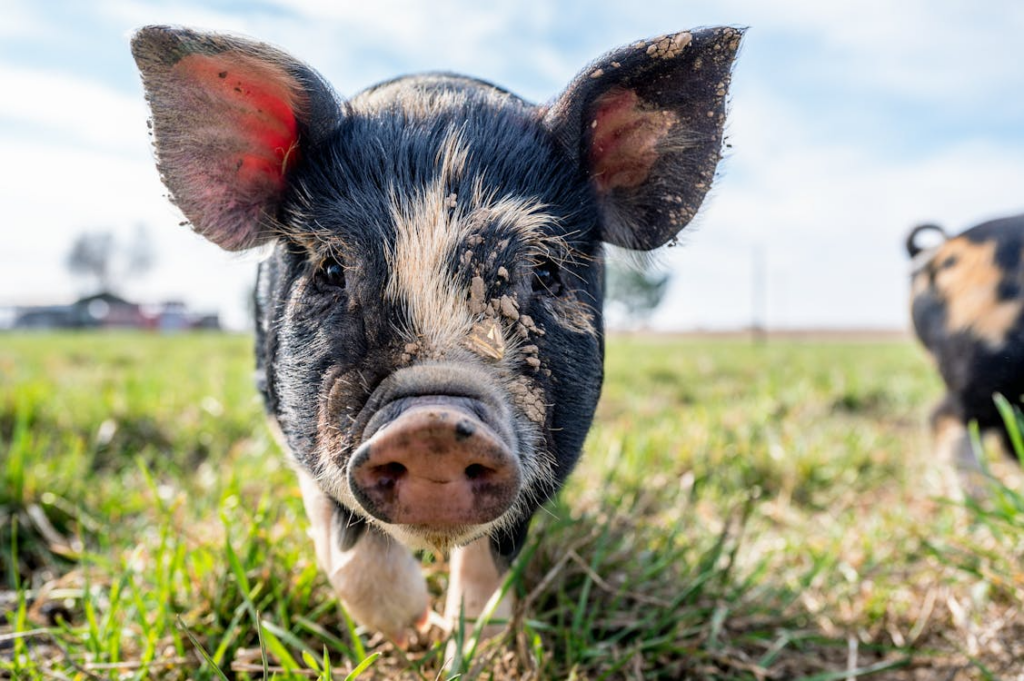
Miniature pigs, goats, and chickens are quickly becoming popular additions to suburban homes.
Marketed as “teacup” or “apartment-friendly,” these animals may look small, but they come with big responsibilities. They need adequate space, social interaction, and specialized veterinary care, just like any other pet.
Don’t let their size fool you; mini farm animals require serious commitment.
Things to Consider Before You Buy
Before bringing home an exotic pet, ask yourself a few key questions:
- Is it legal to own in your state or city?
- Can you find a nearby exotic vet?
- Was the animal captive-bred, not wild-caught?
- Do you understand its lifespan, space requirements, and long-term care costs?
These factors can make or break your pet’s well-being.
A Trend with Responsibility
There’s nothing wrong with wanting a pet that’s a little different.
Exotic animals as pets can bring immense joy, especially when cared for properly. But they also come with unique responsibilities—legal, ethical, and logistical.
The rise in exotic pet ownership reflects our growing desire for individuality and novelty. Just make sure that desire is matched with research and a deep respect for the animal’s needs.
Read More: 10 Things to Know About Applying for an Emotional Support Animal

